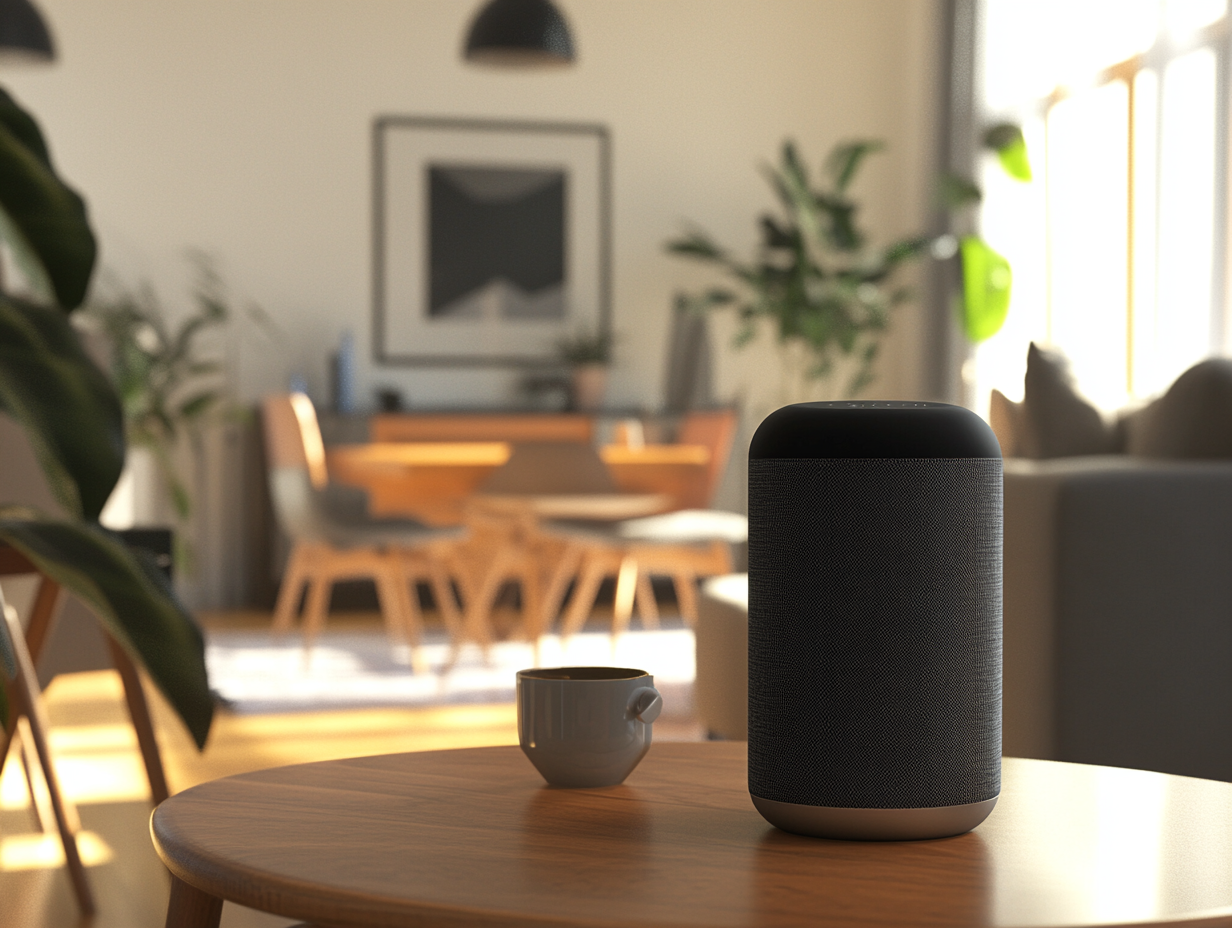In today’s tech-driven world, support for seniors isn’t limited to wearables and reminders - it can come from something as simple, and surprisingly powerful, as a voice.
Smart speakers like the Amazon Echo (with Alexa) and Google Nest Hub are emerging as quiet champions of emotional well-being in older adults. While often marketed for convenience or smart home control, these devices are proving to be far more - companions, helpers, and lifelines for those aging in place.
Here’s how smart speakers can play a meaningful role in improving mental health and emotional connection for seniors.
1. Combatting Loneliness with Conversation
For many seniors, especially those living alone, loneliness is more than an emotion - it’s a health risk. Studies have linked chronic isolation to depression, cognitive decline, and even increased mortality.
Smart speakers offer a low-effort, low-stress way to interact. Asking Alexa or Google simple questions or hearing a weather update can simulate conversational engagement. It’s not about replacing human connection - it’s about filling quiet, lonely moments with voice-based interaction.
2. Establishing a Sense of Routine
Daily structure provides a sense of purpose and stability - especially important for those with memory challenges or mood fluctuations. Smart speakers can help seniors:
- Set gentle wake-up alarms and bedtime reminders
- Create a predictable meal schedule with voice-based prompts
- Schedule daily activities or medication alerts using voice commands
- Receive encouraging reminders like hydration or stretching tips
By reinforcing a daily rhythm, smart speakers help reduce disorientation and support emotional grounding.
👉 Check out or article on The Best Daily Routines for Seniors With Early Dementia
3. Music, Memories, and Mood Boosting
Music has long been recognized as a powerful therapeutic tool. For older adults, music can:
- Trigger positive memories
- Reduce stress and anxiety
- Elevate mood and energy levels
With just a voice command, a senior can ask to hear music from a favorite era - “Alexa, play 1960s hits” - or a calming playlist to wind down. Music therapy becomes as easy as asking aloud.
👉 Take a look at Healthline's article on How Music Therapy Can Improve Dementia Symptoms
4. Keeping the Mind Engaged
Cognitive stimulation plays a critical role in senior mental health. Smart speakers can provide:
- Daily trivia questions
- Word games
- Math puzzles
- “This day in history” facts
- Jokes, riddles, and conversation starters
This kind of light mental exercise encourages active engagement and prevents cognitive stagnation.
5. Hands-Free Access to Mental Health Resources
Smart speakers can provide voice-activated access to mindfulness practices, meditation apps, and even talk therapy support:
- “Alexa, open Headspace”
- “Hey Google, play a breathing exercise”
- “Alexa, start a guided meditation”
These tools help seniors manage anxiety, sleep better, and regulate mood - all without navigating a screen or keyboard.
👉 Take a look at The Bristal's article on the Benefits of Meditation for Seniors and Apps to Help You Get Started
6. Supporting Those With Vision or Mobility Challenges
Voice-first technology is ideal for older adults who may struggle with arthritis, tremors, or vision loss. Instead of navigating complex screens, they can simply speak.
Whether it's checking the news, controlling lights, or hearing a family message, smart speakers increase independence - often improving self-esteem and mental well-being in the process.
👉 Check out RNIB's guide to assistive aids and technology
7. Connecting With Loved Ones
Many smart speakers allow hands-free calls or voice messages, making it easier for seniors to stay in touch with family - especially in times of illness or mobility issues.
A simple command like “Alexa, call Sarah” means staying connected without worrying about phone buttons or remembering numbers.
👉 We've uncovered the Top Tech Tools That Help Seniors Live Alone Safely here.
8. Empowering Seniors With a Sense of Control
Feeling in control of one’s environment is deeply linked to emotional well-being. With voice assistants, seniors can:
- Adjust lighting or thermostats
- Add items to a grocery list
- Ask about upcoming appointments
- Play familiar podcasts or audiobooks
This empowerment builds confidence and helps reduce the helplessness that can sometimes accompany aging.
Smart speakers may not replace human companionship, but they can certainly help fill emotional and cognitive gaps - bringing comfort, connection, and control to seniors living independently or with early dementia.
As voice technology becomes more intuitive and accessible, it holds remarkable promise in the realm of senior mental health - especially when paired with support from family and caregivers.
Sometimes, all it takes is a familiar voice - real or digital—to remind someone they’re not alone.








